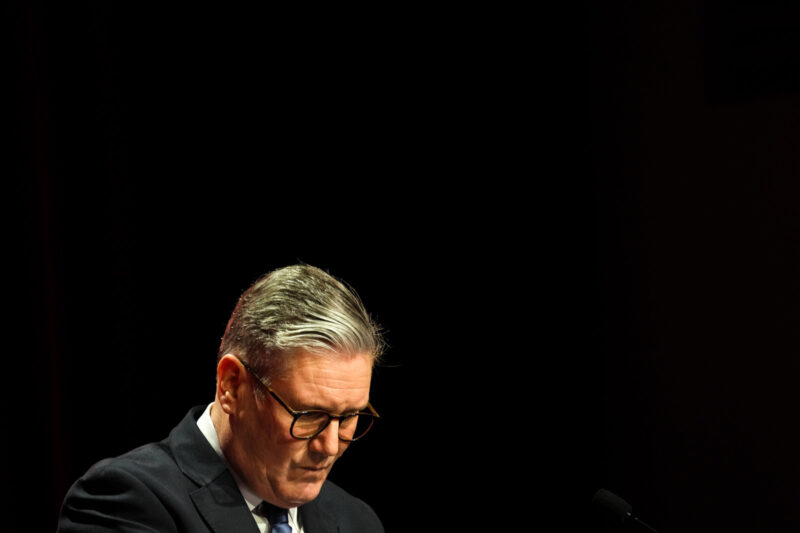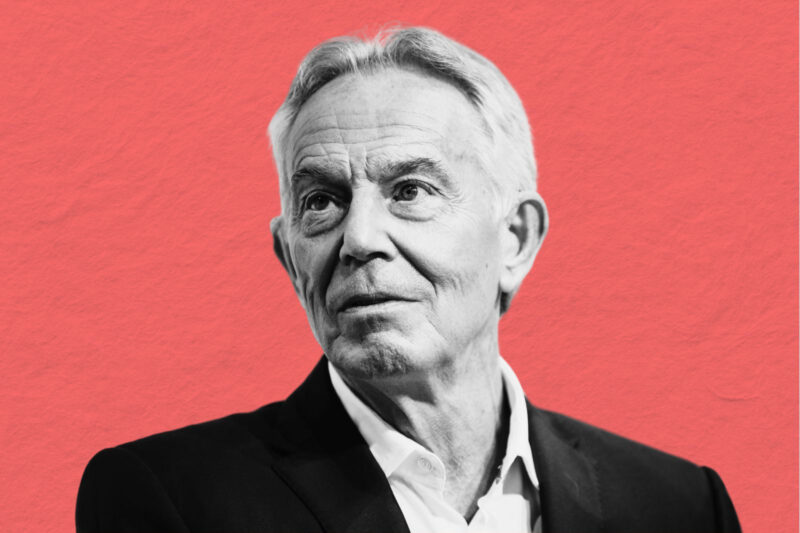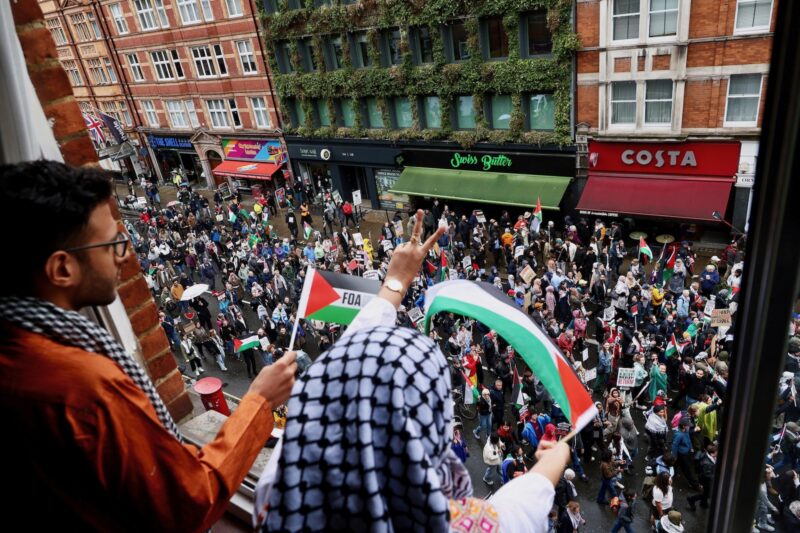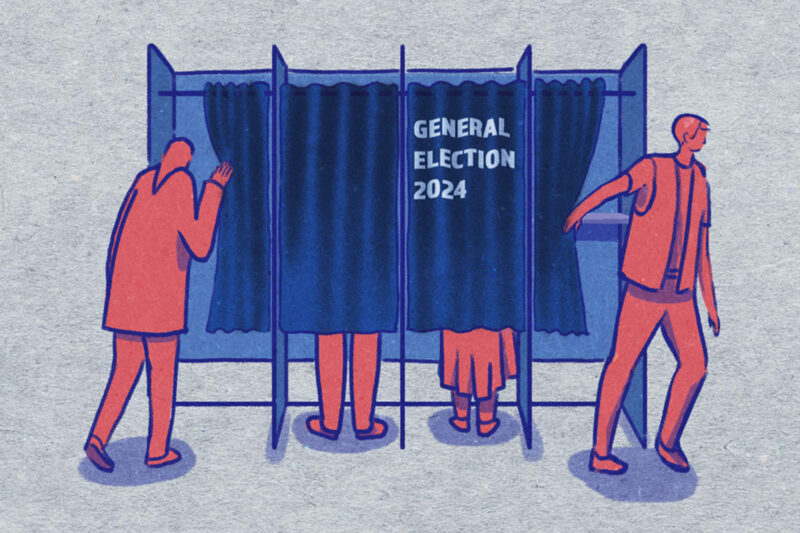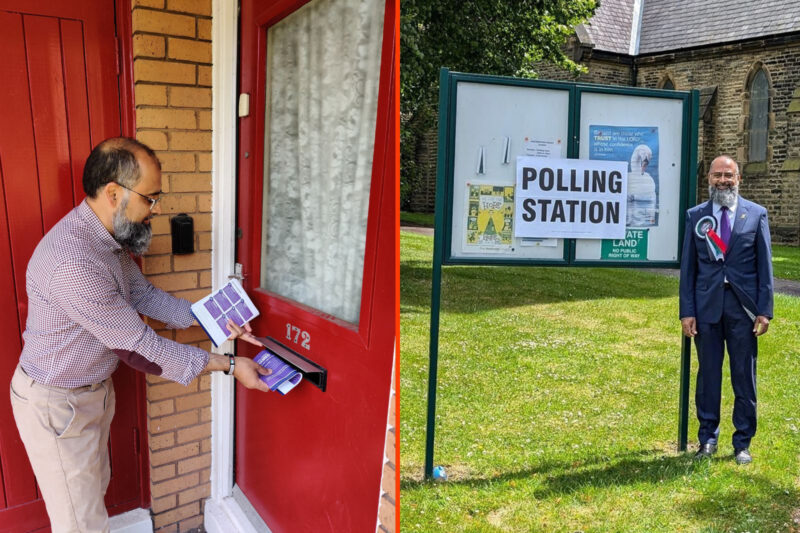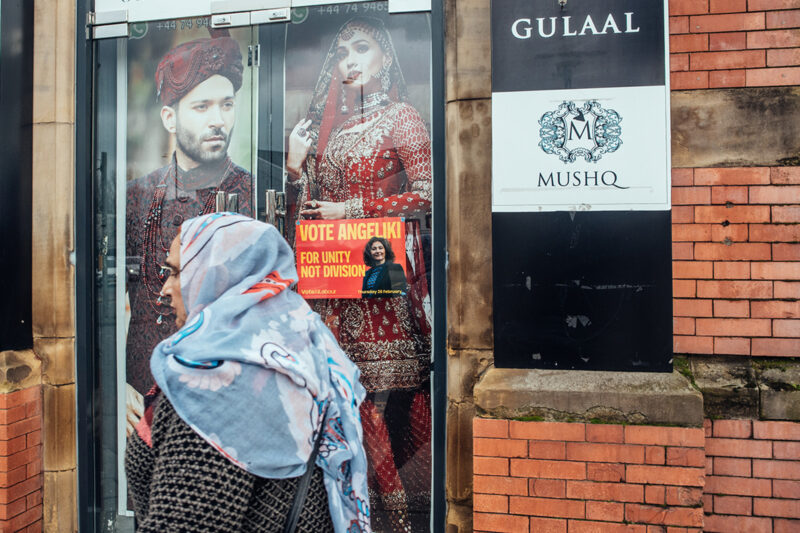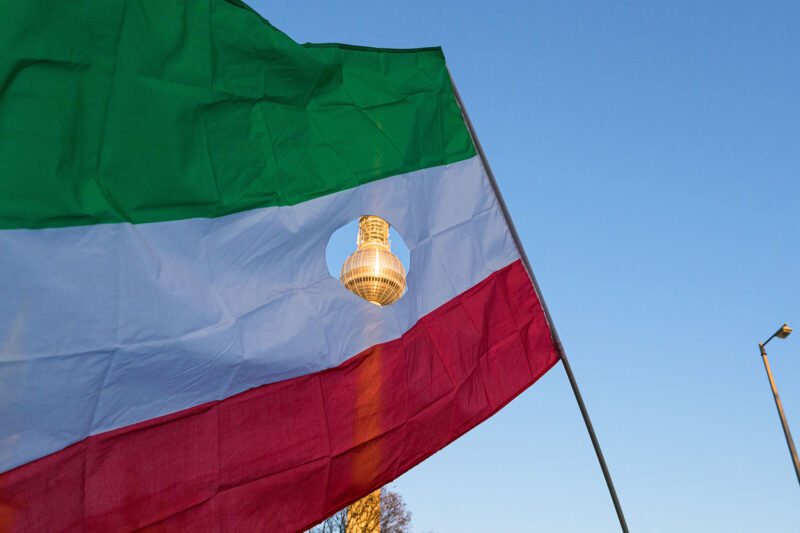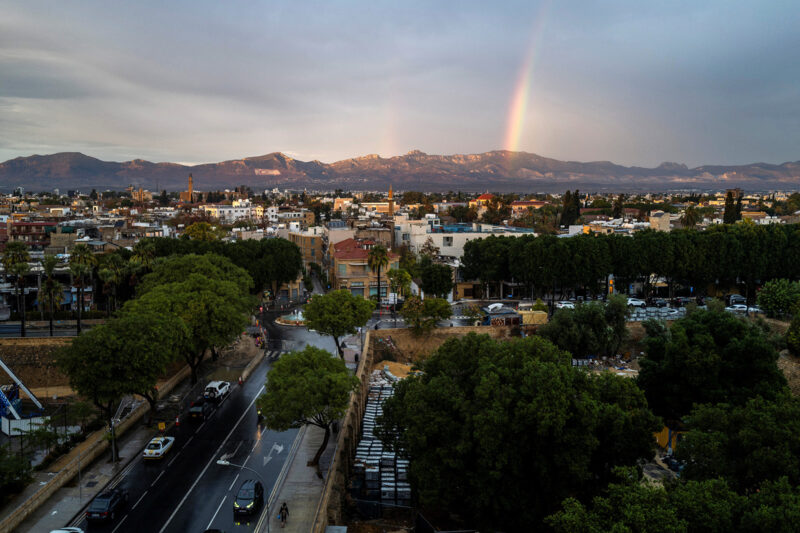Relationship between Labour and Muslims ‘at breaking point’ — internal survey
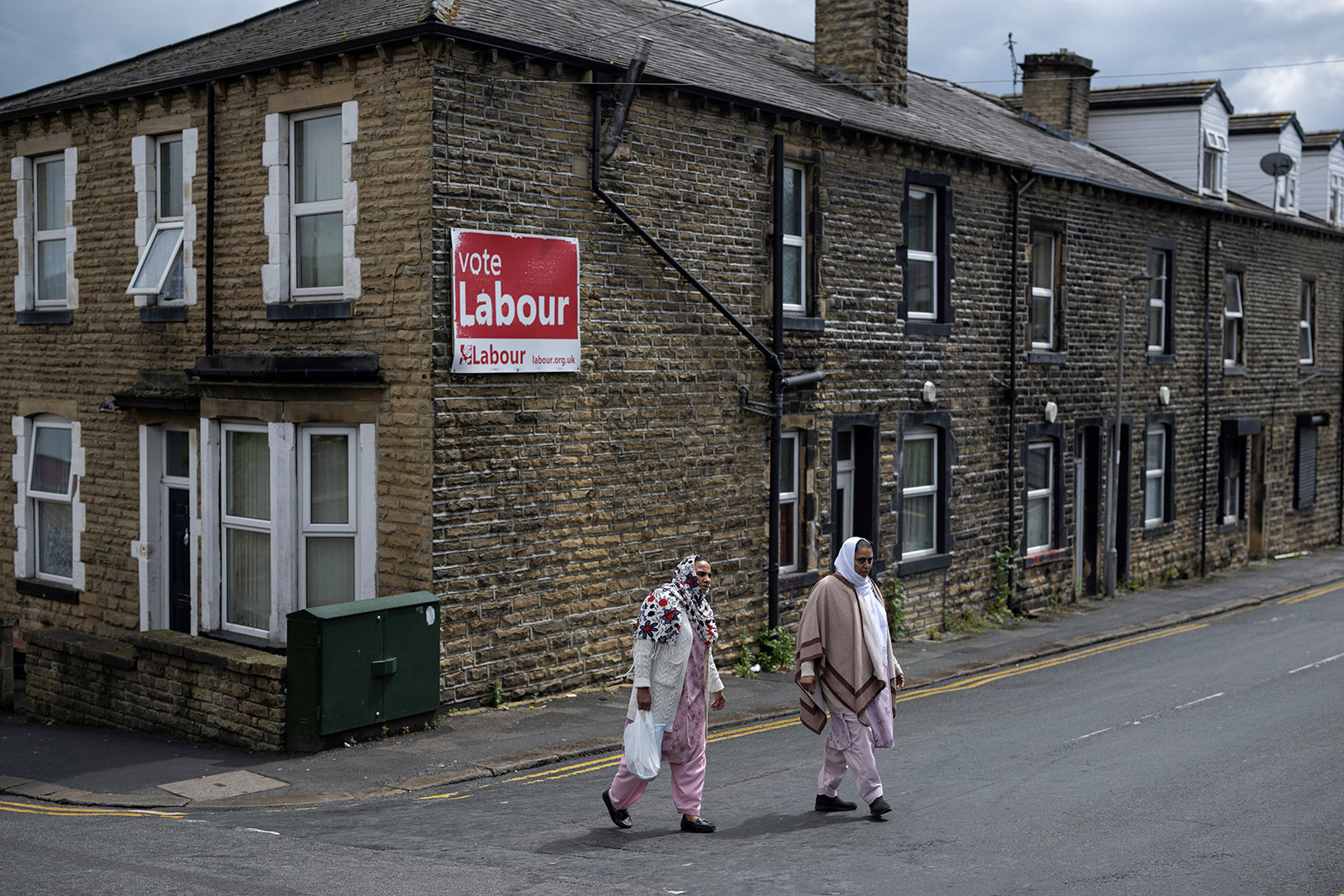
Labour Muslim Network surveyed hundreds of MPs, councillors and mayors and found most were highly critical of party’s handling of Islamophobia and Gaza
A major survey of Muslim Labour politicians has warned that the “historic ties” between Muslims and the party are at “breaking point”, with more than half of those surveyed saying Keir Starmer’s government has represented their communities badly.
The Labour Muslim Network (LMN), which calls itself the voice of British Muslims in the party, asked all 477 Muslim Labour MPs, councillors and elected mayors about their views and experiences. It said its findings suggested that “anti-Muslim racism is embedded, tolerated, and too often ignored” within Labour.
Of the 221 respondents, 58% said Labour had represented Muslims in Britain very badly or somewhat badly, compared with just 21% who said it had done so well or somewhat well. One in three also described the party as institutionally Islamophobic and nearly two thirds (64%) claimed there was a “hierarchy of racism” within Labour.
More than half of those polled did not think Labour took Islamophobia seriously, and more than one in three (38%) reported directly experiencing anti-Muslim hate on the job — including from fellow politicians, party members and officials, as well as people on social media.
The survey also suggests 83% of Muslim Labour politicians think the government should end its long-running boycott of the Muslim Council of Britain and instead engage with it.
Some 82% of Muslim Labour politicians think Starmer has handled the Israel-Gaza conflict badly since October 2023, the survey suggests, while 84% back the UK imposing sanctions on Israel and 97% want the government to immediately recognise a Palestinian state.
The LMN notes that Labour lost five safe parliamentary seats to candidates running on pro-Palestinian and anti-Islamaphobia platforms at the 2024 general election, warning many others “continue to be at serious risk”. It called the report a “call to action”.
Ali Milani, the LMN’s national chair, told Hyphen: “The results of this survey tell a stark and shocking story. Muslim Labour representatives who, in the toughest of times, have stuck with the party and continue to be on the front lines of community engagement do not believe they are treated equally and do not believe the racism they face is taken seriously.
“The days of sweeping Islamophobia under the carpet and ignoring the concerns of Muslim members and representatives must end. If not, we will face the political and moral music come election time.”
The LMN said the findings tell “the story of a growing chasm between the Labour party and its Muslim representatives”, asserting that the party “cannot credibly claim to be an anti-racist movement while ignoring the testimonies and experiences of its Muslim elected officials”.
“The historic ties between Muslims and Labour is now at a breaking point,” the LMN warns in the report. It cites the “intolerable rise in Islamophobia, anger and discontent with the leadership’s response to the genocide in Gaza, and heightened scrutiny of Muslim political expression at all levels in the party” as having contributed to this “unprecedented tension”.
One Muslim Labour MP surveyed told the report’s authors: “There’s often a sense of unease about what I might say or think, especially regarding issues like Palestine. It sometimes feels like I’m being scrutinised through a different lens … that level of suspicion is isolating.”
All politicians who took part in the survey were anonymised before their views were shared. One councillor claimed that, while wearing a Covid-19 face mask, a fellow Labour councillor told them they looked “like a terrorist”. Another councillor claimed: “We are treated as second-class members.”
A third councillor claimed: “When I won the election, the situation wasn’t good because of Palestine. The Green party got some votes, so the ward secretary said it’s because we selected a Muslim candidate — that’s why Green got more votes. It was really hurtful.”
The LMN said the comments in the survey suggest a “political culture that conditions Muslim representatives to suppress who they are, to dull the edges of their identity and to question whether their presence is truly welcome”.
The network noted that many respondents reported fear of speaking out on important issues, often on foreign policy, immigration and counter-terrorism.
The report states that both MPs and councillors feel scrutiny in selection processes is “vastly different for Muslim members”, highlighting claims that Muslim representatives’ social media posts have been “overly scrutinised and policed”.
Another Muslim Labour MP claimed: “I’ve been told by two members to stop over-focusing on Gaza. I’ve been told to delete social media posts, adapt statements and accept statements that I had not agreed.”
In a further blow for Starmer, just 18% of Muslim Labour politicians said they believed the party was taking the issue of racism targeted at Muslim individuals and communities seriously.
The LMN claims that this is a “categorical failure by the Labour party of its Muslim representatives”.
“It points to a reality in which Muslim MPs, councillors and mayors are forced to experience racism every single day — in silence, in suspicion, in the quiet exclusions that add up to something systemic,” the report adds.
The LMN sits on the Labour national executive committee’s equalities sub-group, but is not one of the party’s formal affiliated “socialist societies” of policy and grassroots experts.
A Labour party spokesperson said: “The Labour party is proud of the diversity of our party, including the increase in the number of Muslim MPs in the parliamentary Labour party and having the first Muslim lord chancellor in Shabana Mahmood and the first Muslim mayor of London in Sadiq Khan.
“We are the party of equality and we take any complaints of discrimination, including Islamophobia, seriously. All complaints are assessed in line with our complaints policies and procedures through our independent complaints system.”
The government was approached for comment.
 Newsletter
Newsletter


